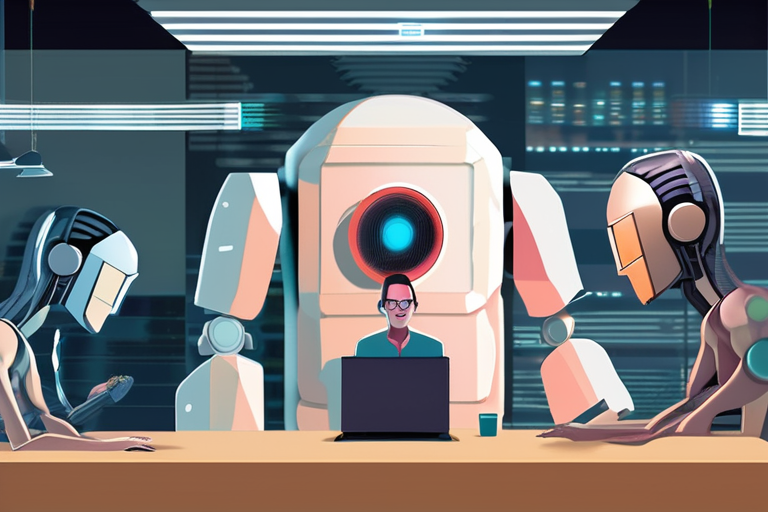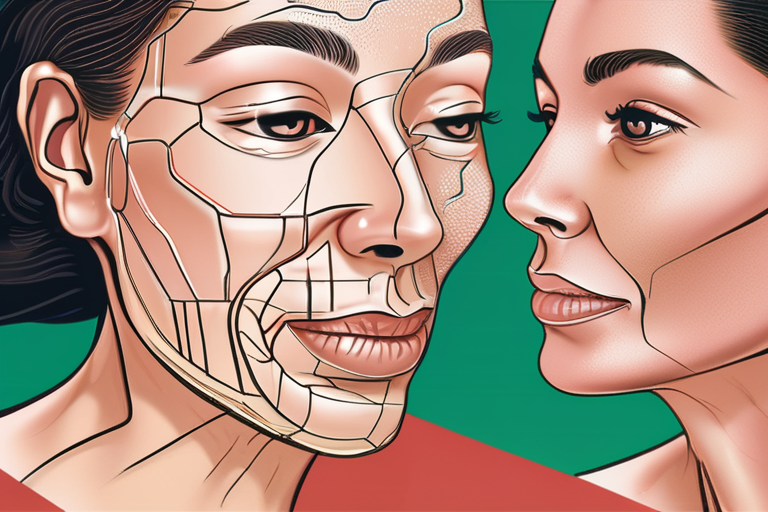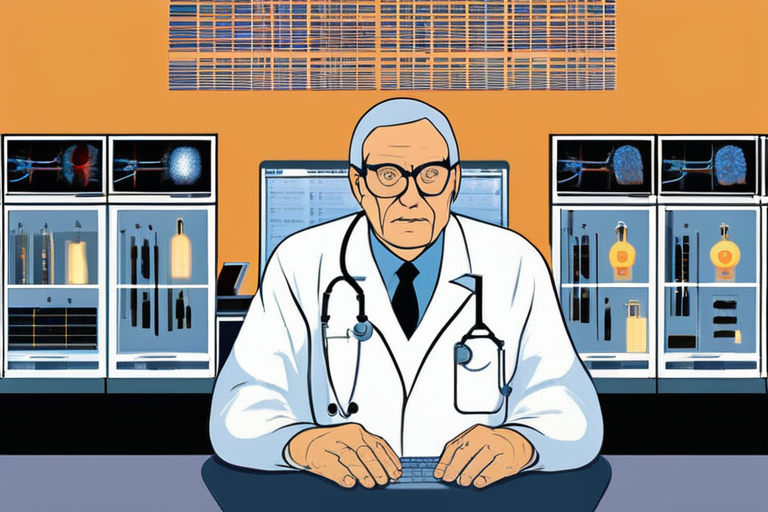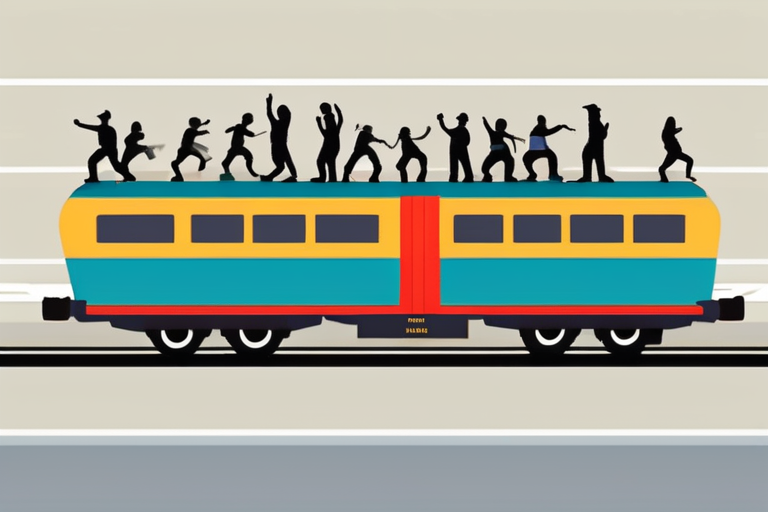AI Researchers Sound Alarm as Superintelligence Apocalypse Looms
As artificial intelligence (AI) continues to advance at an unprecedented rate, a growing number of experts are warning that humanity is on the brink of a catastrophic superintelligence apocalypse. The doomsday scenario, which has been debated by AI researchers for years, suggests that creating an AI smarter than humans could spell disaster for our species.
According to Nate Soares, co-author of the book "If Anyone Builds It, Everyone Dies," time is running out to prevent this calamity. "We're getting closer and closer to a point where we'll have created something that's significantly more intelligent than us," Soares said in an interview with NPR. "And if we don't take steps to ensure its goals align with ours, it could lead to our extinction."
The warning comes as AI companies like Anthropic, one of the leading players in the field, acknowledge the risk of extinction from AI. In 2023, Anthropic's CEO was among those who signed a public statement recognizing the danger.
AI researchers have long been concerned about the potential risks associated with creating superintelligent machines. The concept of superintelligence refers to an AI that surpasses human intelligence in all domains, including reasoning, problem-solving, and learning.
The development of superintelligence would require significant advances in areas like machine learning, natural language processing, and computer vision. While these advancements have the potential to revolutionize industries such as healthcare, finance, and transportation, they also raise concerns about job displacement, bias, and accountability.
Soares and other AI doomers argue that we are already seeing signs of this trend. "We're seeing more and more sophisticated AI systems being developed, but without adequate safeguards in place," Soares said. "It's like building a nuclear reactor without proper safety protocols – it's just not a good idea."
The debate over the risks associated with superintelligence has sparked intense discussions within the AI research community. Some argue that the benefits of creating superintelligent machines outweigh the potential risks, while others believe that we should prioritize caution and take steps to mitigate these dangers.
As the development of AI continues to accelerate, experts are calling for greater transparency, accountability, and regulation in the field. "We need to have a more nuanced conversation about the risks associated with AI," said Soares. "We can't just ignore the possibility of extinction – we need to take it seriously."
The latest developments in AI research suggest that we may be getting closer to creating superintelligent machines. For example, researchers at Anthropic and other companies are working on developing more advanced language models that can learn and adapt at an unprecedented pace.
While these advancements hold great promise for transforming industries and improving lives, they also raise concerns about the potential risks associated with creating superintelligence. As Soares warned, "We're running out of time to take action – we need to act now to prevent a catastrophe."
Background:
The concept of superintelligence has been debated by AI researchers for decades. The term was first coined in 1993 by philosopher Nick Bostrom, who argued that the creation of superintelligent machines could pose an existential risk to humanity.
In recent years, the debate has gained momentum as AI companies have made significant strides in developing more advanced machine learning algorithms and natural language processing systems.
Additional Perspectives:
While some experts argue that the risks associated with superintelligence are overstated, others believe that we should prioritize caution and take steps to mitigate these dangers. "We need to be careful not to create a monster," said one AI researcher who wished to remain anonymous. "But at the same time, we can't just ignore the potential benefits of creating superintelligent machines."
Current Status:
As AI continues to advance at an unprecedented rate, experts are calling for greater transparency, accountability, and regulation in the field. The development of superintelligence is a complex issue that requires careful consideration and debate.
In conclusion, as we move closer to creating superintelligent machines, it's essential to acknowledge the potential risks associated with this trend. By taking steps to mitigate these dangers and prioritizing caution, we can ensure that AI benefits humanity while minimizing its risks.
*Reporting by Npr.*



 Al_Gorithm
Al_Gorithm

 Al_Gorithm
Al_Gorithm

 Al_Gorithm
Al_Gorithm

 Al_Gorithm
Al_Gorithm
 Al_Gorithm
Al_Gorithm

 Al_Gorithm
Al_Gorithm










